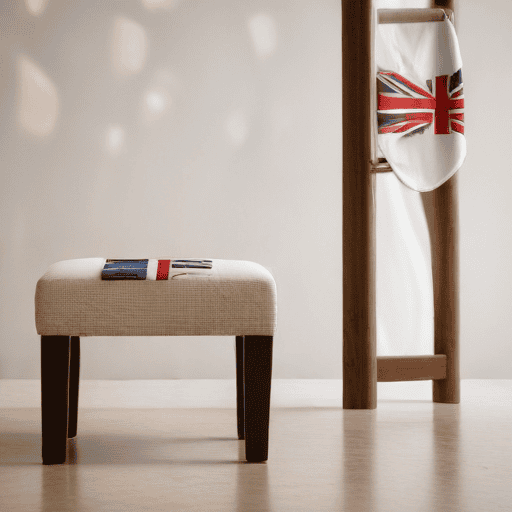Furniture shopping typically surges during the holiday season, as families seek to enhance their homes with new dining sets, luxurious sofas, and comfortable beds for guests. While the promise of discounted prices can be enticing, consumers in Fiji are advised to approach these purchases with caution due to potential pitfalls that could lead to disappointment.
Substandard furniture can be a significant issue, often constructed from low-quality materials that do not withstand Fiji’s humid climate. Problems such as warping, mold growth, and weak structural integrity are common. Many consumers have reported encountering these issues shortly after purchase, only to face disclaimers that absolve retailers of responsibility for such defects, effectively leaving them without recourse.
A notable case is the Singh family from Lautoka, who faced a distressing experience after purchasing a dining set that became moldy within weeks. Their attempts to seek redress from the retailer were thwarted by disclaimers indicating that the store was not liable for environmental damage, exemplifying why it is essential for consumers to thoroughly scrutinize their purchases.
Despite the appeal of “cheaper, elegant” furniture, imported options often come at the cost of quality and craftsmanship. While these items may initially fit within budget constraints, they can lead to greater expenses over time due to needed repairs or replacements.
To empower consumers, here are key tips for smart furniture shopping:
1. **Quality Check**: Inspect for durable materials; hardwood is preferable over cheaper alternatives.
2. **Defect Inspection**: Look for signs of damage or poor craftsmanship and be aware of disclaimers.
3. **Warranty Inquiry**: Ask for warranty policies that cover potential defects.
4. **Retailer Research**: Read reviews and seek personal recommendations to identify trustworthy retailers.
5. **Avoid Impulses**: Take time to compare and assess products rather than rushing into purchases driven by discounts.
Fijian consumers have rights to expect quality goods and fair treatment, highlighted by the efforts of the Consumer Council of Fiji, which advocates for consumer protection and ethical retailer practices. If issues arise, consumers are encouraged to report complaints and keep accurate records of their purchases.
As the festive season approaches, making informed decisions regarding furniture can lead to lasting benefits for homes and families. By prioritizing quality over fleeting discounts and supporting reputable retailers, consumers can ensure their holiday investments bring joy and value for years to come. Remember, an informed buyer is a protected buyer. Stay vigilant and ask the right questions to make this Christmas a season of thoughtful and lasting furnishings.

Leave a comment